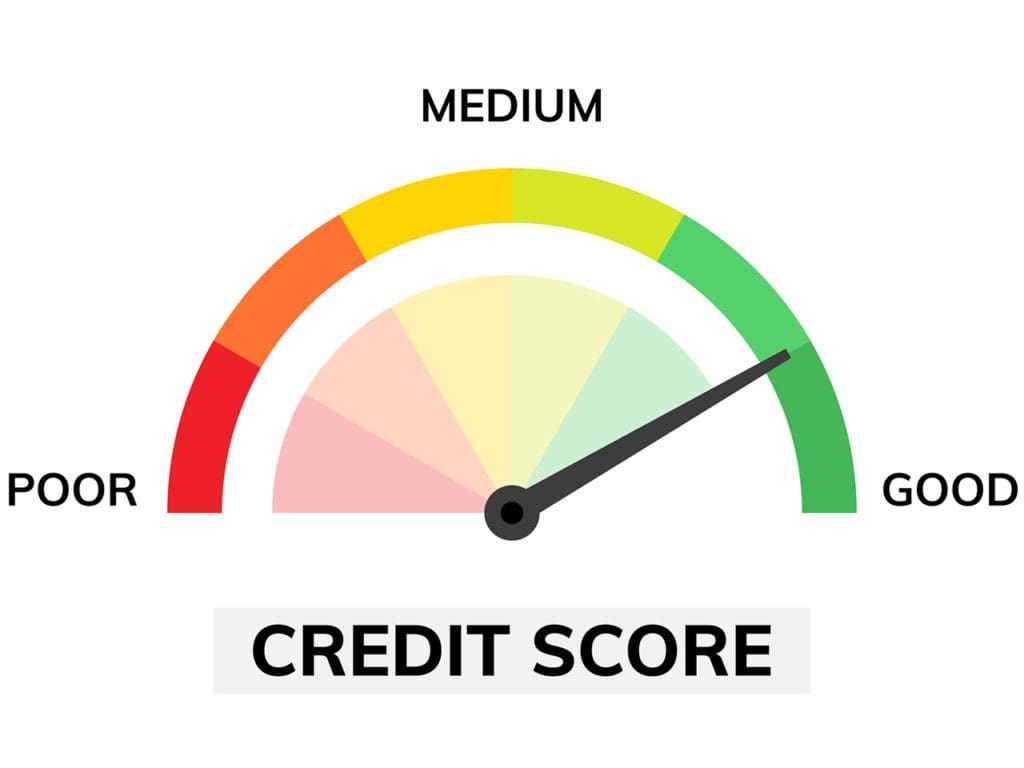John Tomich, CEO and Founder of BNPL leader Credit Key, said he sees increasing evidence of credit washing and wants to bring awareness to coordinate a discussion around the recent trend.
Credit Key is one of the leading ‘Buy Now, Pay Later’ solutions for the B2B e-commerce market, offering instant credit decisions based on completing an application in a couple of minutes.
What exactly is credit washing?
Credit washing is a dispute process between consumers, credit bureaus, and lenders. Any consumer victim of ID theft can dispute negative information that doesn’t belong to them. This dispute is communicated to the credit bureau and the lender. They conduct research, and if they agree with the dispute, it is deleted from the consumer’s credit report.
There are also non-reputable credit repair agencies that encourage consumers with poor credit to dispute charges to help boost their credit.
John Tomich of Credit Key says, “people were claiming Identity theft when identity theft didn’t happen; fraudulent individuals. When you claim Identity theft, the bureaus have to suspend the negative item, at least temporarily, while they are investigating. While it’s being removed, your credit score is getting artificially inflated and misrepresented…they can go out and apply for another line of credit.”
A credit repair company will lure a consumer with bad debt on their credit report with promises of overnight credit score improvements. Then, the company will contact the consumer’s financial institution or the nationwide credit bureaus to falsely assert that bad debt results from identity theft or other fraud.
The credit bureaus and lenders are often so overwhelmed with many disputes that they usually accept these fraudulent claims and wipe out the negative information.
How has this affected Credit Key?
John Tomich says, “we are making credit decisions on folks that are fraudulent, that we would never extend credit to like us and people in the industry. You are giving a credit card or a credit product to somebody who’s really got a 400 FICO, and it appears when you pull their credit report it says 750 because all the derogatory marks have been removed. We don’t lend to 400.”
He says, “we have to be more cautious in our underwriting, and so it affects our approval rates because we have to counter-balance this. We have to look at non-FICO factors even more and weigh the FICO less. FICO is important, so if the integrity of the FICO is under attack with credit washing as an example, we just have to be more careful. Our approval rates go down, and our losses go up.”
Credit decisions are being made relatively quickly because they are digital transactions and point-of-sale in the e-commerce market for B2Bs. This affects SMBs due to costs being passed on in the form of higher prices to other businesses. Credit Key uses two different outside software companies that screen for fraud.

What are the credit bureaus doing to stop this?
The Consumer Data Industry Association, which represents Equifax, Experian, and TransUnion, among others, says, “Consumers, credit reporting agencies, banks, and regulators all share one common goal when it comes to credit reports: they should be as reliable as possible.”
“We are working diligently across the financial ecosystem to ensure data on consumer credit reports is reliable and comprehensive.
“Unfortunately, some credit repair companies scam consumers by falsely promising they can dispute and remove negative information from their credit reports, even if the information is accurate. Recent reports have highlighted increased activity by certain credit repair companies, which can inflate complaint numbers and undermine the process of addressing legitimate requests.”
The three nationwide credit bureaus get millions of letters each year that allege errors on credit reports. It isn’t clear how many are illegitimate claims, though it’s a growing problem according to multiple employees at the three nationwide credit bureaus.
Sometimes the bureaus receive numerous letters around the same time, all postmarked with the same city and date, some with the same typos, often on behalf of customers who live far from where the letters were mailed.


